How to Prevent Altitude Sickness
Edited by on 2018-02-01 12:23:23
It is quite common that most people will suffer from High Altitude Sickness with different levels. Please also note that the High Alitude Sickness usually can heal itself by eventually acclimatizing your body to the altitude, air pressure and temperatures. Below are some useful tips about how to avoid Hight Altitude Sickness in Tibet:
1. Before you visit Tibet, ensure you are in good health. Avoid catching a cold before entering Tibet, for it is difficult to recover from a cold on high altitude and it might lead to more serious illnesses. Mentally adjust yourself to the forthcoming trip and don't feel too nervous or worried.
2. In addition to the normal medications for traveling, like the Aspirin and Ibuprofen etc, it is advisable to bring high altitude medication. Some visitors take Diamox pills one day before you ascend to Lhasa. However, you'd better ask your doctor for suggestions.
3. Many visitors who have been to Tibet suggest flying to Xining (the capital city of Qinghai province) and then taking the train to Lhasa from there, instead of taking a direct flight up to Lhasa. Getting acclimatized in Qinghai can be a wise decision and will make a big positive change. For comparison, the elevation at Lake Qinghai is already 3200m compared with the 3700m at Lhasa that will greatly help when you arrive in Lhasa. Besides, you can have the opportunity to enjoy the unique high plateau scenery passing by the train windows.
4. Upon your arrival, just take a good rest, drink more water, and don't take shower at the 1st day, usually you will be fine in following 2 days. It is better to spend the first two or three days at ease to get accustomed to the high altitude in Tibet. Lhasa lies considerably above the altitude at which one's body begins to feel oxygen deficiency. Headaches, vomiting and heart palpitation are common ailments that appear in the first two or three days. That's why most travel agencies do not arrange any activities for their guests on the first day upon arrival.
And whenever you feel shortage of breath, just drink more water, or the dry air and evaporation of sweat may cause dehydration. Avoid alcohol as it may increase the risk of dehydration, and don't smoke to prevent upper respiratory infection.Please don't take shower at the first two days, for it is easy to catch cold and make you feel exhausted.
5. Remember to take things a little slowly when climbing stairs etc.
6. If you lack of oxygen, you can take the oxygen in the hotel, clinic or hospital. Oxgen canisters are easily available in Tibet and can be purchased from hotels. However, if you do not feel too bad, it is suggested to try to avoid take any oxygen and adapt to high altitude by yourself. Because there is still a long way to go, and if you quite depend on oxygen, you will find it harder to adapt to higher altitude at Shigatse, Rongpu Monastery and Everest, which are above 3400m.
SEND US INQUIRY NOW
We have helped thousands of travelers since 2009. Tell us your ideas and get a quick response within 0.5-12 hours.
-
-
-
-
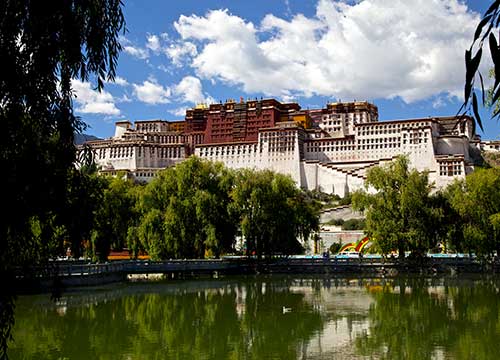

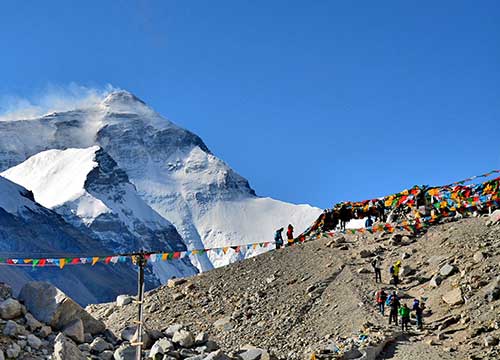
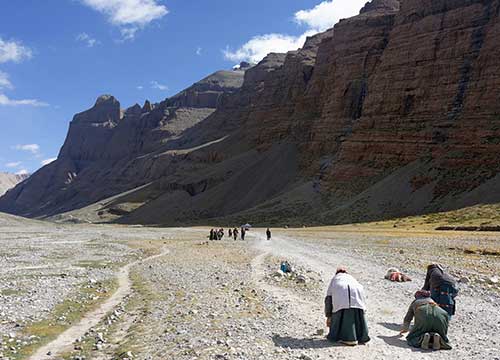
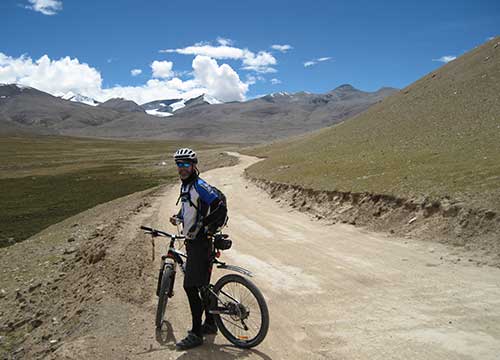
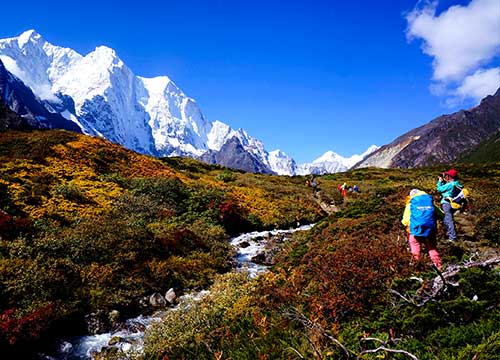
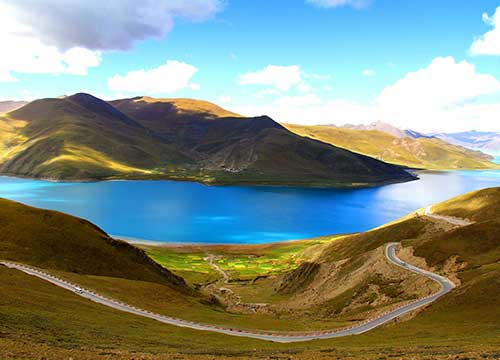
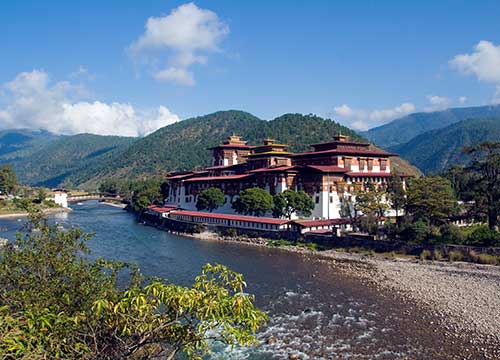


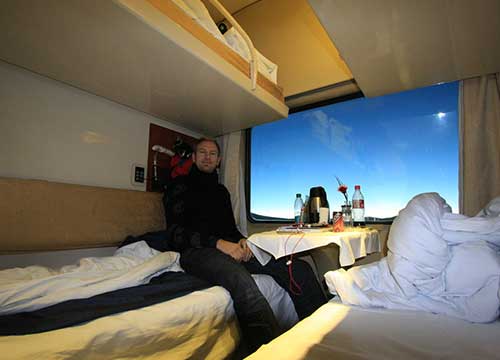

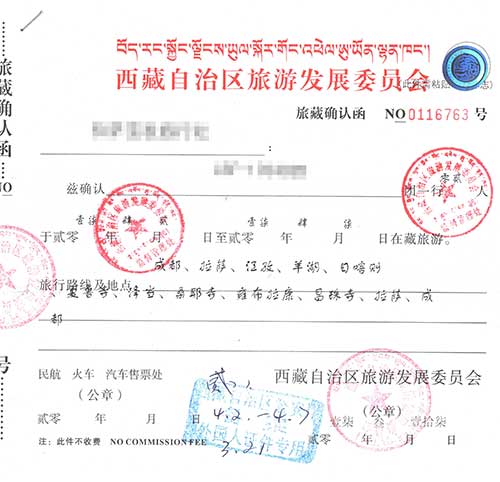

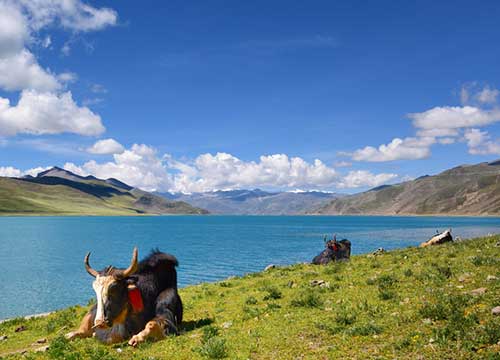
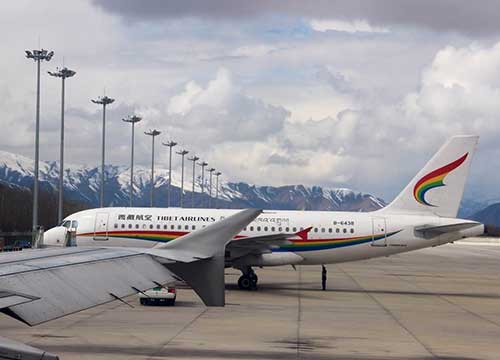
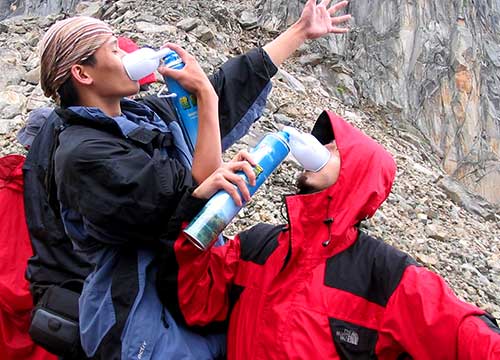



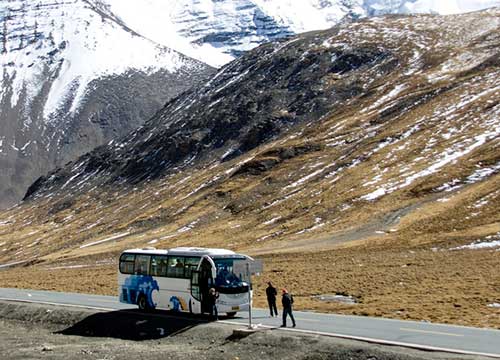


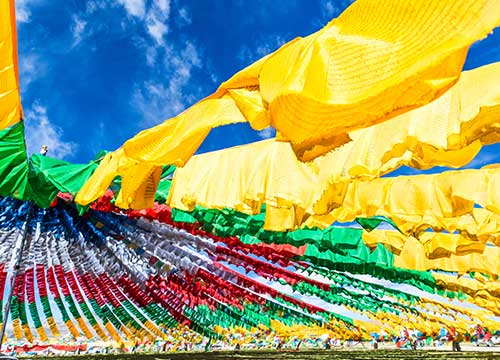
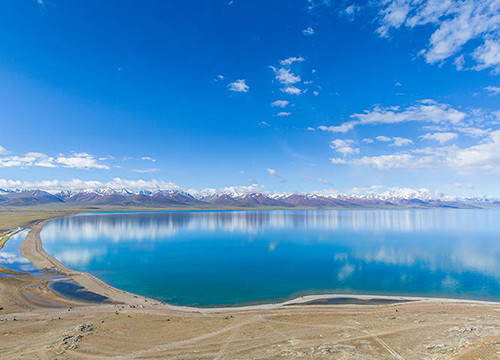
 Data in submission...
Data in submission...